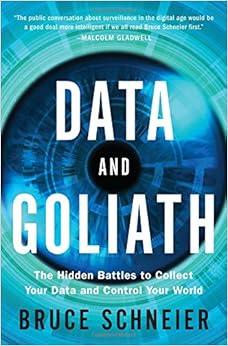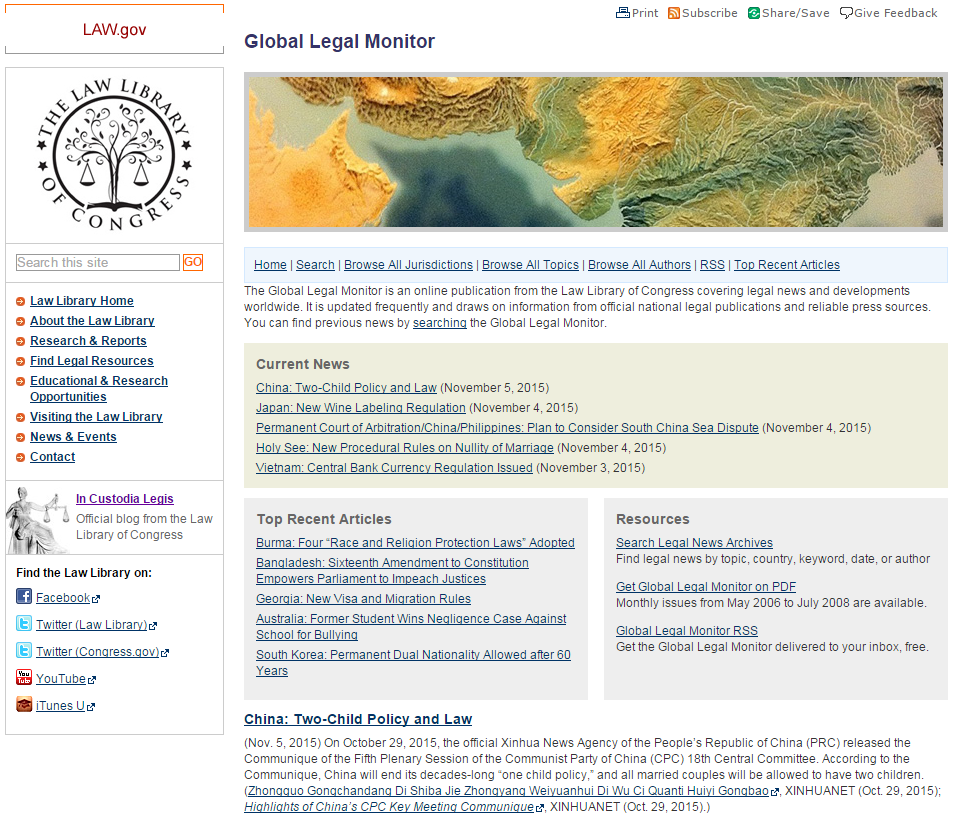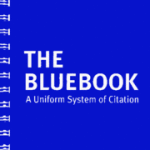 The Brooklyn Law School Library has long provided access to Bloomberg Law to the law school community. BLS users now have access to a new legal intelligence platform: the Privacy & Data Security through the Practice Centers tab where users can click on Intellectual Property. At the top left corner of the page is a purple banner that reads “Looking for Bloomberg Law: Privacy & Data Security >> Access Now.” There, users will find analysis and news in an increasingly critical area for legal professionals.
The Brooklyn Law School Library has long provided access to Bloomberg Law to the law school community. BLS users now have access to a new legal intelligence platform: the Privacy & Data Security through the Practice Centers tab where users can click on Intellectual Property. At the top left corner of the page is a purple banner that reads “Looking for Bloomberg Law: Privacy & Data Security >> Access Now.” There, users will find analysis and news in an increasingly critical area for legal professionals.
Announced late last month, this newest Bloomberg Law tool was launched to address the need many legal practitioners have to quickly educate themselves on privacy and data security trends shaping legal practice, compliance and business operations. Data security runs the gamut from maintaining the integrity of simple personal information such as names, social security numbers and other private information to more complex business issues like those last month in the European Court of Justices’ invalidation of the long standing U.S. “safe harbor” agreement in the case of Schrems v. Data Protection Commissioner. Privacy and data security laws can change overnight and the Privacy & Security Data Resource Center helps explain them.
In addition to aggregating news and information in this area of law, the platform features tools to help users develop perspective on the items most likely to impact specific industries or business units. For example, the platform’s “chart builder” allows practitioners to compare laws on breach notification, privacy and data security laws across regional jurisdictions. It also has “heat maps” that highlight areas of developing case law and legislation, and provide direction to applicable documentation for easy review.
Bloomberg Law: Privacy & Data Security has a collection of portfolios offering insight and guidance from leading privacy and data security authorities. Written by expert practitioners, titles include Cybersecurity and Privacy in Business Transactions: Managing Data Risk in Deals and Cross-Border Data Transfers. There are also treatises with expert practitioner insights and guidance to help make sound decisions and plan with confidence. Titles include Practical Guide to the Red Flag Rules: Identifying and Addressing Identity Theft Risks and Cyber Liability in the Age of the New Data Security Laws.
 The BLS Library has many titles in its collection on the subject of data security. One of the latest is Data and Goliath: The Hidden Battles to Collect Your Data and Control Your World by Bruce Schneier (Call # HM846 .S362 2015). The publisher of the 383 page NY Times bestseller says “Your cell phone provider tracks your location and knows who’s with you. Your online and in-store purchasing patterns are recorded, and reveal if you’re unemployed, sick, or pregnant. Your e-mails and texts expose your intimate and casual friends. Google knows what you’re thinking because it saves your private searches. Facebook can determine your sexual orientation without you ever mentioning it.
The BLS Library has many titles in its collection on the subject of data security. One of the latest is Data and Goliath: The Hidden Battles to Collect Your Data and Control Your World by Bruce Schneier (Call # HM846 .S362 2015). The publisher of the 383 page NY Times bestseller says “Your cell phone provider tracks your location and knows who’s with you. Your online and in-store purchasing patterns are recorded, and reveal if you’re unemployed, sick, or pregnant. Your e-mails and texts expose your intimate and casual friends. Google knows what you’re thinking because it saves your private searches. Facebook can determine your sexual orientation without you ever mentioning it.
“The powers that surveil us do more than simply store this information. Corporations use surveillance to manipulate not only the news articles and advertisements we each see, but also the prices we’re offered. Governments use surveillance to discriminate, censor, chill free speech, and put people in danger worldwide. And both sides share this information with each other or, even worse, lose it to cybercriminals in huge data breaches.
“Much of this is voluntary: we cooperate with corporate surveillance because it promises us convenience, and we submit to government surveillance because it promises us protection. The result is a mass surveillance society of our own making. But have we given up more than we’ve gained? In Data and Goliath, security expert Bruce Schneier offers another path, one that values both security and privacy. He shows us exactly what we can do to reform our government surveillance programs and shake up surveillance-based business models, while also providing tips for you to protect your privacy every day. You’ll never look at your phone, your computer, your credit cards, or even your car in the same way again.”






 The Brooklyn Law School Library is adding ten copies of the newly released 20th edition of
The Brooklyn Law School Library is adding ten copies of the newly released 20th edition of  On April 28, 2015, Register of Copyrights Maria A. Pallante announced the launch of the
On April 28, 2015, Register of Copyrights Maria A. Pallante announced the launch of the 

 Joe Mornin, a third year law student at UC Berkeley School of Law (Boalt Hall) and editor-in-chief of the Berkeley Technology Law Journal, built Bestlaw, that adds useful features to WestlawNext:
Joe Mornin, a third year law student at UC Berkeley School of Law (Boalt Hall) and editor-in-chief of the Berkeley Technology Law Journal, built Bestlaw, that adds useful features to WestlawNext: